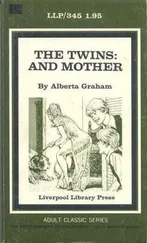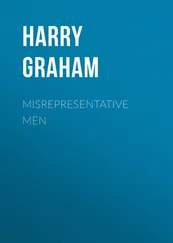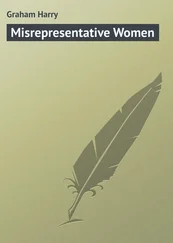"With cedar roof, and stony wall,
Old William Rufus built this hall;
Without a roof, with scarce a wall,
William Unroof-us spoils it all."
Hawkins's "Biographical Sketches," vol. i. p. 341.
There is a well-known story of a sentry at the Castle who was accused of sleeping at his post, and secured his acquittal by proving that he had heard "Great Tom" strike thirteen times at midnight – a fact which was corroborated by the evidence of independent witnesses.
These bells must have been extremely unpopular, since it was fabled that their ringing "soured all the drink in the town." Stow's "Survey of London," p. 175.
Speaker Lenthall once rebuked a youthful member who was sitting perched upon the topmost rung, listening to a debate, and bade him come down and not "sit upon the ladder as though he were going to be hanged." Forster's "Historical Sketches," vol. i. p. 82.
"The Rolliad."
Dalling's "Historical Characters," vol. ii. p. 175.
Knight's "London," vol. ii. p. 68.
Pinkerton's "Voyages," vol. ii. p. 508.
Moore's "Memoirs," vol. iv. p. 320.
Pearson's "Political Dictionary," p. 37.
"The Rolliad."
A comparatively modern institution which did not exist until the year 1818.
Miss Martineau's "History of the Peace," vol. iii. p. 147.
Barry was assisted in his work by another well-known artist, Augustus Welby Pugin. The latter's son afterwards claimed for his father the honour of being the real designer of the Houses of Parliament, but his efforts to wrest the laurels from Barry's brow met with little success.
Big Ben was so named after Sir Benjamin Hall, First Commissioner of Works. The light is extinguished by an official in the House of Commons by means of an electric switch, the moment the Speaker's question "that the House do now adjourn" has been agreed to.
Mowbray's "Seventy Years at Westminster," p. 90.
Francis' "Orators of the Age," p. 212, and Grant's "Random collections," p. 7.
T. P. O'Connor's "Gladstone's House of Commons," p. 88.
Pearson's "Political Dictionary," p. 19.
"25 April, 1822. Eat cold meat at Bellamy's (introduced by Lambton); and did not leave the House till near two." – Thomas Moore's "Memoirs," vol. iii. p. 346.












